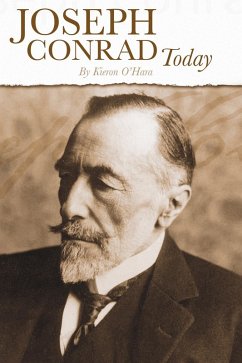This book argues that the novelist Joseph Conrad's work speaks directly to us in a way that none of his contemporaries can. Conrad's scepticism, pessimism, emphasis on the importance and fragility of community, and the difficulties of escaping our history are important tools for understanding the political world in which we live. He is prepared to face a future where progress is not inevitable, where actions have unintended consequences, and where we cannot know the contexts in which we act.Heart of Darkness uncovers the rotten core of the Eurocentric myth of imperialism as a way of bringing enlightenment to 'native peoples' - lessons which are relevant once more as the Iraq debacle has undermined the claims of liberal democracy to universal significance.The result can hardly be called a political programme, but Conrad's work is clearly suggestive of a sceptical conservatism of the sort described by the author in his 2005 book After Blair: Conservatism Beyond Thatcher. The difficult part of a Conradian philosophy is the profundity of his pessimism - far greater than Oakeshott, with whom Conrad does share some similarities (though closer to a conservative politician like Salisbury). Conrad's work poses the question of how far we as a society are prepared to face the consequences of our ignorance.
Dieser Download kann aus rechtlichen Gründen nur mit Rechnungsadresse in A, B, BG, CY, CZ, D, DK, EW, E, FIN, F, GR, HR, H, IRL, I, LT, L, LR, M, NL, PL, P, R, S, SLO, SK ausgeliefert werden.









